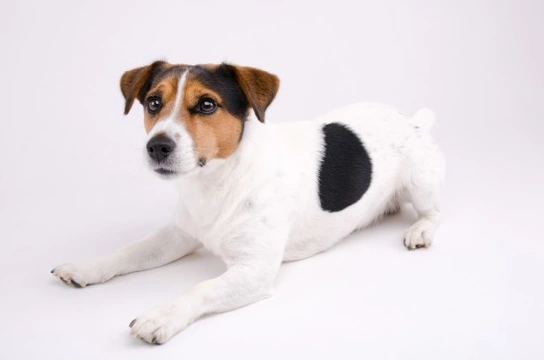
Some important and yet commonly overlooked aspects of small dog care
There are plenty of good reasons for getting a small dog rather than a medium or large breed, not least of which being that you do not need to have a huge home and garden to keep your dog happy. Added to this, little dogs take up less space, are easier to physically handle, and can be picked up and carried when necessary!
However, keeping a smaller dog should not be considered as somehow easier than caring for a larger breed, and it would be wrong to get a small dog out of the mistaken belief that they can be left to their own devices a lot rather like a cat. Small dogs need as much care and attention, and in some cases, more, than larger dogs, and you should be prepared to make extra allowances for the specialist needs of some smaller breeds too.
In this article, we will look at some of the most important factors involved in caring for smaller dogs, which are often overlooked. Read on to learn more!
Little dogs need spot-on nutrition
While all canines of different shapes and sizes will have similar dietary requirements in terms of what types of food they eat and what constitutes a balanced diet, little dogs have some rather exacting dietary requirements that allow less margin for error than is possible with larger dogs.
Smaller breeds have a faster metabolism than larger dogs, meaning that it is important to fulfil all of their needs and provide enough food at regular intervals to keep them going throughout the day. Feeding one or two large meals a day will result in your small dog not being able to finish all of their meals, but burning through its energy and feeling hungry again sooner. This in turn can lead to an imbalance in your dog’s blood sugar, causing weakness, lethargy and potentially out-of-character behaviour.
Younger dogs of small breeds need to be fed 3-4 times per day, but as they age and their metabolism slows, this can be reduced to 2-3 times per day.
Exercising smaller dogs
While some small dog breeds are lapdog types, not everything of ankle height will be sedentary, quiet and not very active! Small dogs can indeed be kept happily within small homes, but they do still need to get enough exercise to meet their needs, and for some small breeds, this means quite a lot! The Jack Russell and the Yorkshire Terrier tend to be active, lively little dogs, while even little Chihuahuas can be fizzy and playful, albeit they also tire out easily.
If your small dog is not exercised enough, they will soon become hyperactive, bored, and potentially destructive. Match your dog’s exercise provision to their energy levels and needs, and ensure that you do not neglect walking just because your dog is little!
Training smaller dogs
Because of their small size and ability to be physically picked up and moved around, it is all too easy to overlook the fact that small dogs need to be trained, just like any other dog!
This is vital to ensure that your dog is well socialised with both other dogs and with people, and that they have good manners and can be kept under control. Small dogs will soon become unruly, unpleasant and generally out of control if poorly trained, which can lead to problems both within the home, and outside when your dog comes into contact with other people and dogs.
At the very minimum, all small dogs should be properly socialised, house trained, and able to understand and comply with basic commands such as sit, stay, heel, and come back.
Small dogs and their longevity
While there is a huge amount of variation in the average longevity of different dog breeds, smaller dogs as a rule will tend to have longer lives than large breeds, and will age more slowly. This means that your cute mini-pup will, with any luck, live well into their teens!
However, there are various vulnerabilities and potential health issues that can accompany small breed dogs too, some of which are generalised and some of which are more breed-specific. It is important to find out if your own dog’s breeding may make them more vulnerable to certain problems, such as a heightened sensitivity to temperature changes, very delicate bones, or a propensity to having weak hip and knee joints.
Kitting out a smaller dog
Very small dogs need very small accessories, such as collars and leads and coats, if their own fur is very thin or fine.
As well as this need for smaller equipment and bedding, you should also think about the other things your dog will need in miniature, such as a special small dog food that is made of pieces small enough to eat comfortably, and smaller treats that are not high in calories. Also, bear in mind that small dogs have small bladders, and will likely need to be given the chance to go to the toilet more than larger dogs after meals or drinking.



